Decision-making in any area of your business should be done after a situation analysis. It should be the first step in project planning or in setting up of any new initiative.
In this post we will discuss what is a situation analysis, and help you understand the concept further by explaining how to do a situation analysis .
What is a Situation Analysis?
It is basically the process of critically evaluating the internal and external conditions that affect an organization, which is done prior to a new initiative or project.
It provides the knowledge to identify the current opportunities and challenges to your organization, service or product. This in turn helps with devising a strategy to move forward from your current situation to your desired situation.
Importance:
- Helps define the nature and scope of a problem
- Helps identify the current strategies and activities in place to overcome the problem
- Helps understand the opinions and experiences of stakeholders
- Helps give a comprehensive view of the current situation of the organization
- Helps detect the gaps between the current state and desired state
- Provides information necessary to create a plan to get to reach the goals
- Helps identify the best courses of action to take during the project
- Helps make sure that efforts and actions are not repeated and wasted unnecessarily
Steps to Conduct A Situation Analysis
By completing them, you will be able to get a thorough understanding of the conditions surrounding your organization.
Conduct a Customer Analysis
Do thorough research on your target market to understand the demographics, locations, trends, interests, challenges etc. A customer profile can help you organize the information properly.
An in-depth customer analysis will help you discern market trends, customer behavior and needs and device effective strategies to reach them effectively.
Consider the Product and Product Distribution Situation
Examine your current products and services and their ability to cater to the needs of your customers.
If you have distributors, you should also analyze them in terms of distribution channels, the needs of distributors, type and size of distributors and also the various benefits received by the distributors and the company itself.
Analyze the Competitive Advantage
In or to determine your competitive advantage, you need to identify your core competitors, their product positioning, their strengths and weaknesses.
Here’s how to conduct an effective competitor analysis with the help of some handy visual tools.
Scan Your Environment
Investigate how internal factors such as available resources, skills of employees etc. and external factors such as economic and political trends, can affect the performance of your organization.
The PESTLE analysis as well as the SWOT analysis can serve as useful environmental scanning tools.
At the end of a proper environmental scan you will be able to identify the opportunities and challenges in the face of new development.
Situation Analysis Tools
SWOT Analysis
The SWOT analysis is a tool that can be used to scan the internal and external environment of an organization. It helps identify strengths you can take advantage of and weaknesses you can take action on, as well as opportunities and threats for success.
The SWOT analysis is also frequently used to assess the same factors about the organizations, products and services of your competitors.
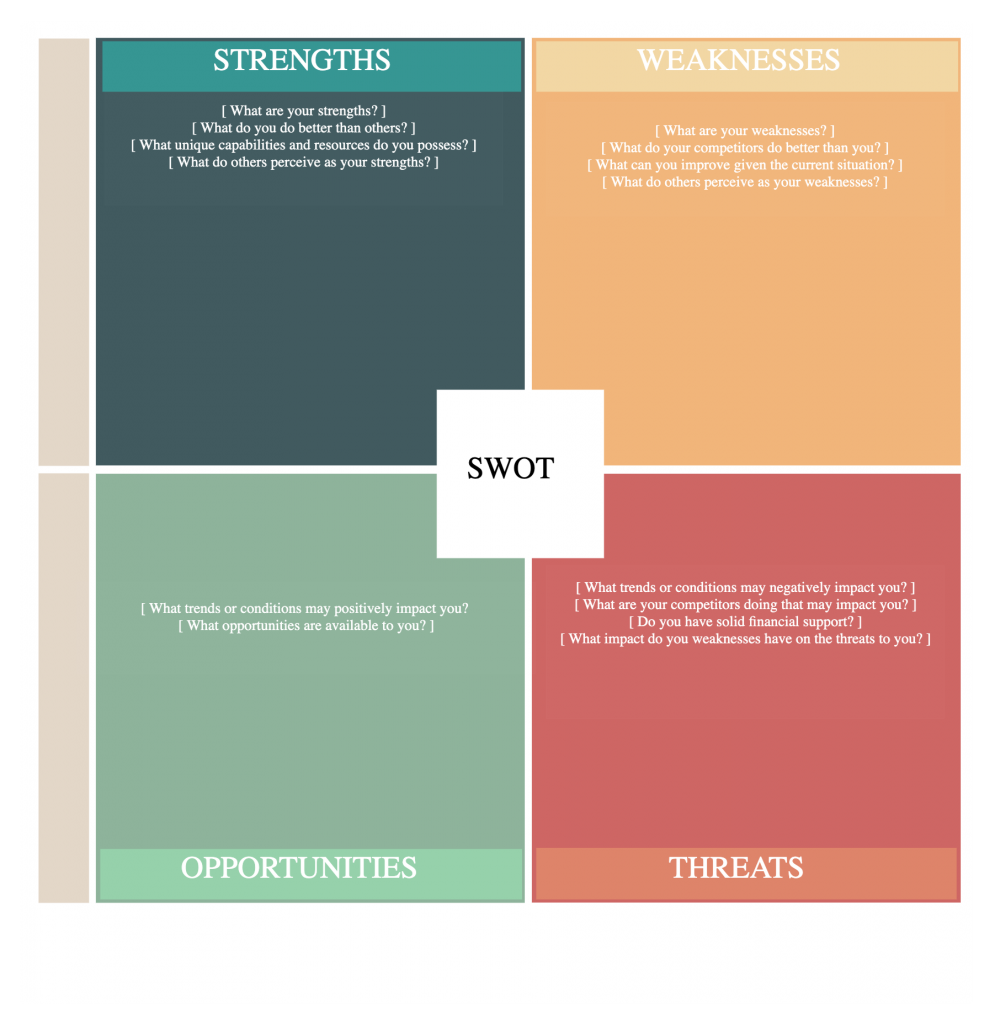
PESTLE Analysis
The PESTLE analysis is another environmental scanning techniques that help provide insight into the external situation of an organization from many different angles. It focuses on political, economic, social, technological, legal and environmental factors.
Political factors – impact of government policies, trading policies or elections
Economic factors – impact of economic trends, taxes, or import/export ratios
Social factors – impact of demographics, lifestyles, or ethnic issues
Technological factors – impact of advancing technology or technology legislations
Legal factors – impact of employment laws or health and safety regulations
Environmental factors – impact of climate change or environmental regulations
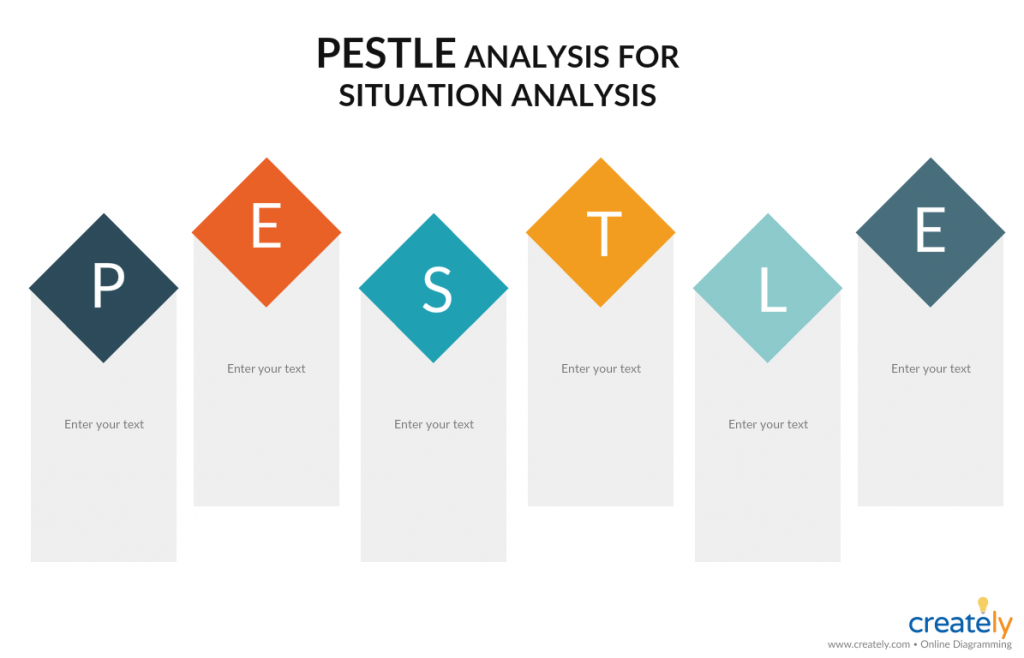
More Resources
STEEPLE analysis is a strategic management method that is used to examine the external factors affecting the growth and performance of an organization. It is a variant of the popular PESTLE analysis.
Porter’s Five Forces
Porter’s five forces technique is used to analyze the competitive environment. It looks at the following areas that may affect an organization’s competitive position,
- Supplier power
- Buyer power
- Competitive rivalry
- The threat of substitution
- The threat of new entry
Analyzing these factors help understand the power of competition in the industry/ market and how profitable it is to compete in it.
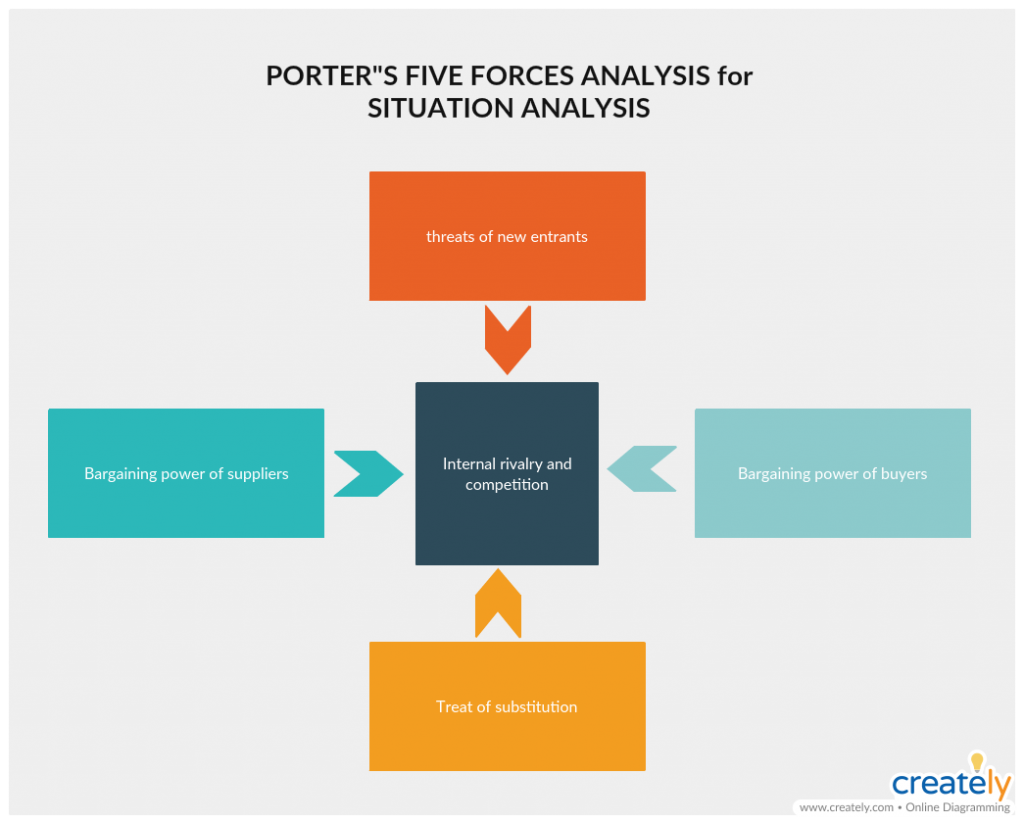
5 C Analysis
This tool helps assess the organizational environment from 5 different areas that may affect your marketing decisions.
- Customers; market segments, customer requirements and demands, market size and growth, retail channel and information sources, buying process, consumer trends, etc.
- Competitors; current and potential customers, customer products and positioning, their strengths and weaknesses, market share etc.
- Company; products or services, brand image, goals, company culture, strengths and weaknesses, technology and experience etc.
- Collaborators; distribution channels/ distributors, suppliers, alliances etc.
- Climate; political factors, economic factors, socio-cultural factors, technological factors, environmental factors, and legal factors
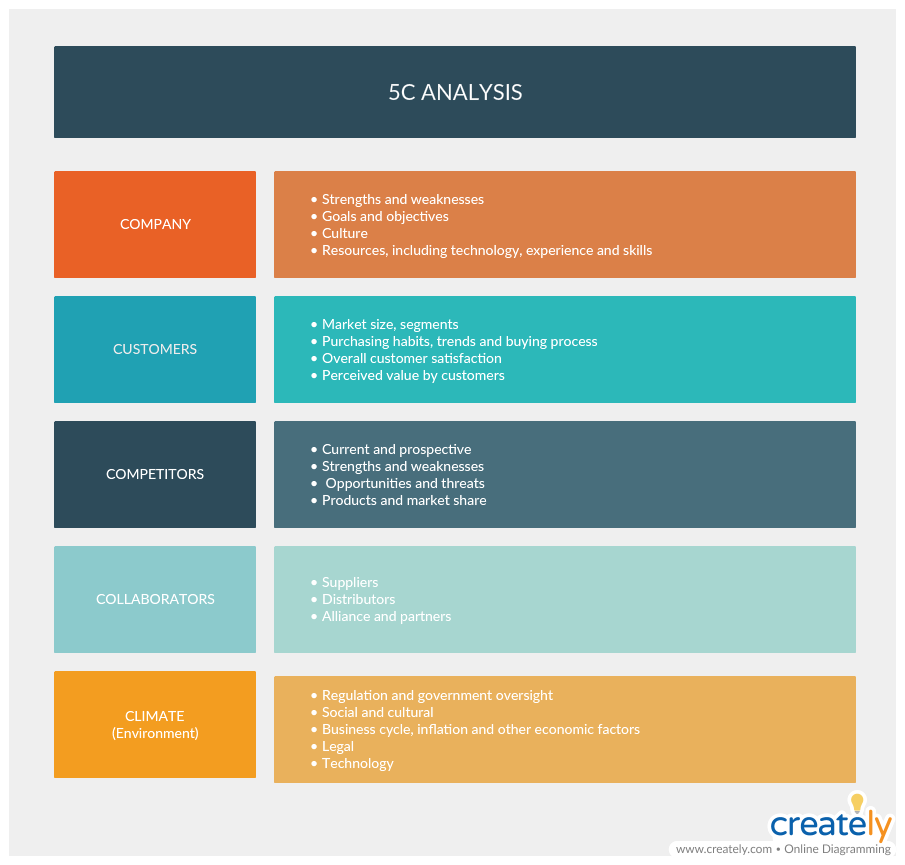
VRIO Analysis
The VRIO analysis is another tool that can be used to evaluate the resources of a company such as financial resources, human resources etc. It Stands for Value, Rareness, Imitability, Organization.
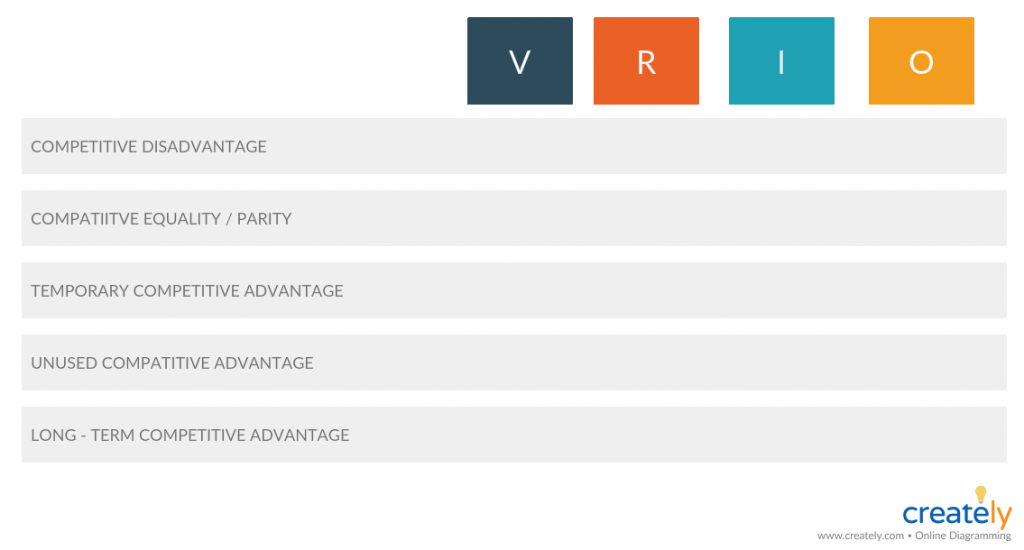
Learn how to use the VRIO analysis and get more templates with this resources on VRIO analysis examples.
What’s Your Approach to Conducting a Situation Analysis?
We’ve covered what is a situation analysis, how to perform one with helpful tools that you can use along with editable templates.
If you have any other tips, please do share them with us in the comment section below.


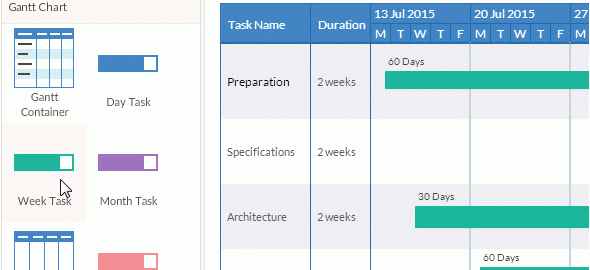
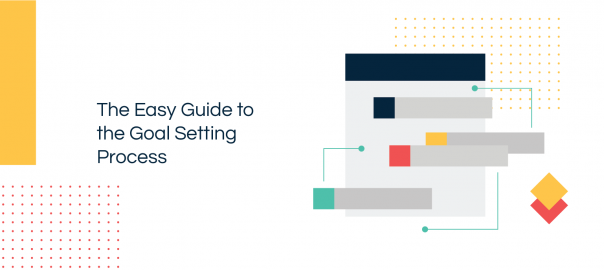
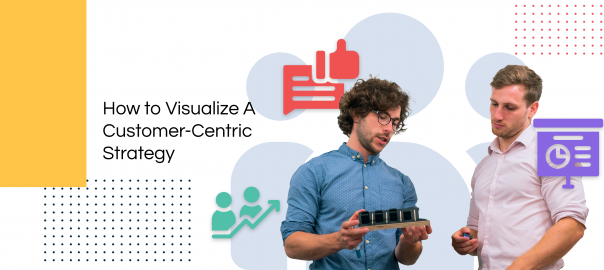
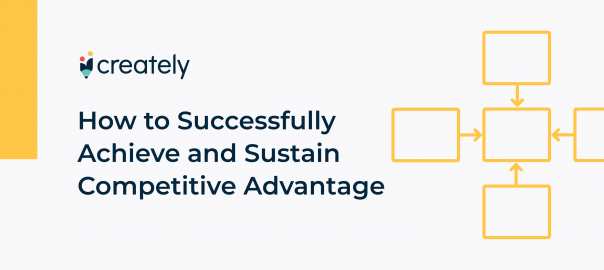
A very helpful article. Thanks